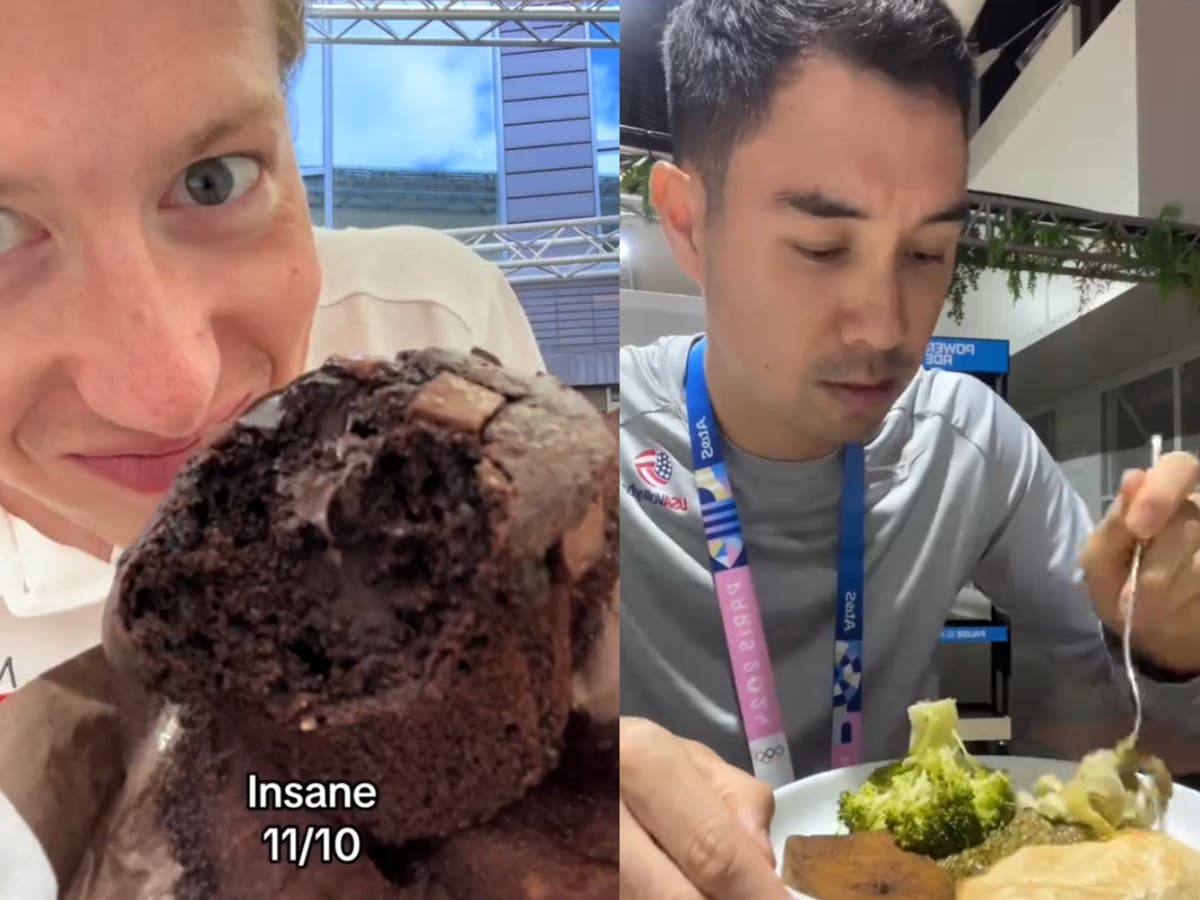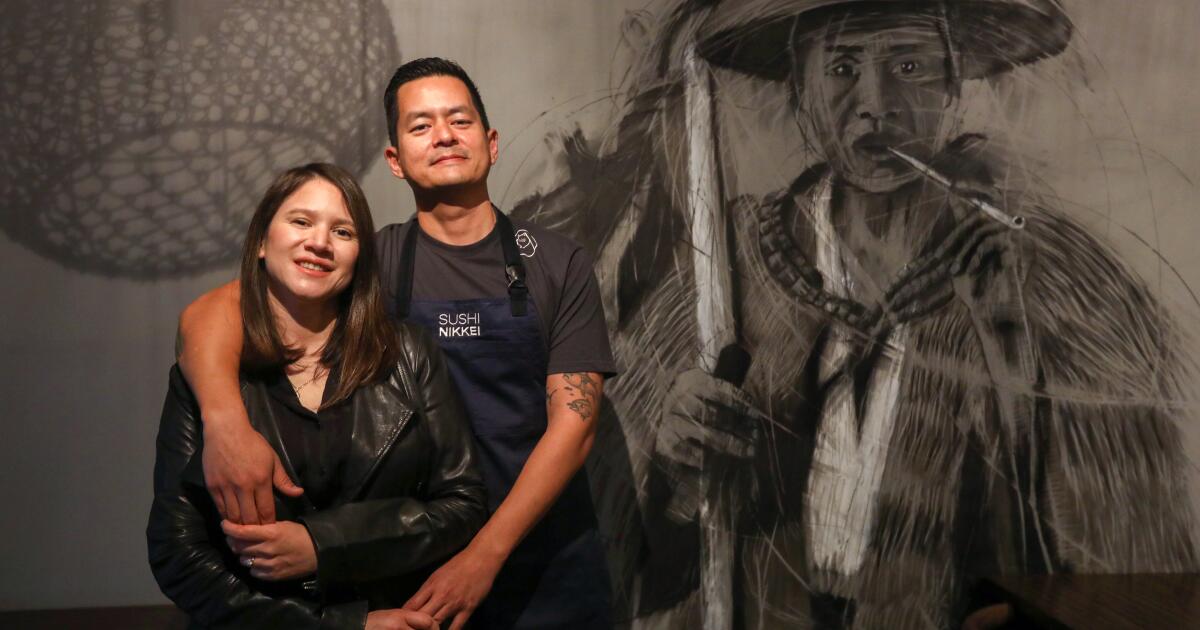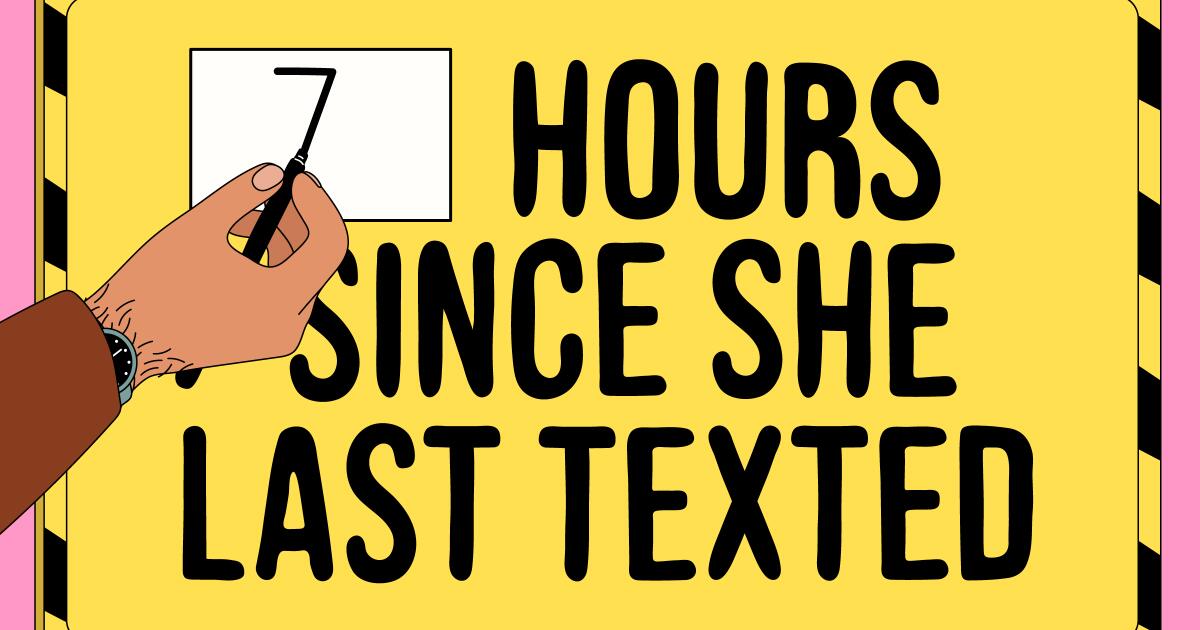YoI am acts of service”; “I am a girl of words of affirmation!”; “Physical touch for me…”
Welcome to the world of “love languages,” where listing how you receive devotion is as easy to count as your favorite Netflix series or your current zodiac sign.
If you're not well versed in this phenomenon, looking at people's dating profiles can feel a little like you've stumbled upon some kind of secret society or cult. It has only fully entered the mainstream lexicon in recent years, but the shorthand for how we express and receive love is now as ubiquitous as people who say they are looking for their “partner in crime,” or who follow the classic message from the dating app “don't hate me if I…” with the words “I put pineapple on a pizza” [crying laughing face emoji]”. (IYKYK.) But could the love languages gospel really be holding us back when it comes to romantic relationships?
If you've managed to miss this latest theory of life, the universe, and everything, it goes like this: There are five main “love languages,” and apparently most of us have a primary and a secondary one. These five “languages” are: words of affirmation (expressing affection through spoken words, whether praise, appreciation, or compliments); acts of service (practical things done for a colleague, like cleaning the kitchen, taking out the bins, fixing that broken door handle); quality time (giving the other person your full attention and spending time together in a meaningful and intentional way); physical contact (this is not just sex, it can be holding hands, kissing, hugging, giving a foot massage); and gifts (the time, thought and effort put into choosing a gift is often the key here, rather than the amount of money spent).
The idea was put forward by an American Baptist minister, Gary Chapman, in his book The Five Love Languages: How to Express Sincere Commitment to Your Partnerfirst published in 1992. He theorized that people naturally tend to show love in the way they would prefer to receive it, and that discovering what your love language is and communicating it to your partner can help ease tensions in a relationship.
For example, if you're someone whose primary love language is acts of service, you may do a lot of things around the house, but then feel resentful if your other half never thanks you or doesn't do practical things for you in a day. in turn, because they do not perceive it as an act of love.
“If I say to my partner, 'You never notice when I put clean sheets on the bed,' what I'm really saying and demonstrating is that this is how I understand love, if you behave this way me“That shows me that you love me,” says integrative psychotherapist, psychosexual and relationship therapist Helen Mayor. “If my love language is gifts and I give my partner a gift, I am also implying that this is the way I understand love in return: that I would like them to give me gifts to show their affection.”
Speaking in tongues: the way you express love could be different from that of your partner
(Getty/iStock)
Despite being more than 30 years old, love languages theory has gained notable traction in the last three or four years, fueled by social media and the TikTokification of simplified therapeutic ideas. Dating app language aside, I've heard friends mention it casually when trying to explain struggles within their relationships.
“We now live in a world where people use psychotherapist-type terms to refer to things as standard,” agrees Mayor. “In reality, it is about grouping frequencies of behaviors so that they resonate and can be easily digested by people. “It’s about noticing patterns of behavior in couples and determining why there might be friction.”
As with most theories that attempt to explain why we act in certain ways, it can be a tool to better understand each other. It's a way to “simplify another human being's response, to allow another person to see us more clearly,” Mayor says. “Ultimately, anything that shows or simplifies the way another human being communicates their attention and allows it to land can be valuable.”
But problems can arise when we hold on to those ideas too rigidly. “We like to categorize ourselves; it's in our nature as human beings,” says Chance Marshall, therapist and co-founder of contemporary mental health practice Self Space. “It means that we often cling firmly to frameworks that are based on pseudoscience.
We often cling firmly to frameworks based on pseudoscience.
Chance Marshall, therapist and co-founder of Self Space
“On some level, if theories like this help people connect in a deeper way, great. Where it becomes problematic is if it becomes a 'script' or a standard that has to be constantly met.” For example: if a person decides that every time his partner forgets to empty the dishwasher, it means that he doesn't love her.
According to Marshall, he has seen long-term relationships literally break down because people adhered so strongly to the love language theory. “One person says to the other, 'This is not how I express my love; If you can't do acts of service, that means you're not my person.' If you don't recognize my love language, I'll discard you and move on.' “That’s where I see it becoming problematic and unproductive.”
And while some couples may find it helpful to find the best way to show and acknowledge each other's love, it's important to note that the concept of love languages is not strongly supported by scientific research or studies. The results have, at best, been inconclusive. While there has been some empirical research and academic literature supporting the theory, an equal number of studies have shown it to be limited.
But that hasn't stopped people from taking it as gospel. “People often confidently use psychotherapeutic language to validate what they say,” Marshall says. “They take fragments of research and amplify them to present them as absolute truth. Therapists take all that with a grain of salt.”
Don't assume your partner doesn't love you because they haven't emptied the dishwasher.
(Getty)
Mayor says that while love languages can be helpful, what they usually reflect is a deeper truth about attachment styles. Attachment refers to the emotional bond we formed as babies with our primary caregiver, usually our mother. Attachment theory, first proposed by British psychiatrist John Bowlby and American psychologist Mary Ainsworth, is the idea that the quality of the bond you experienced as a baby often determines how you relate to others as an adult.
“Really, that's what it all comes down to: an expression of attachment,” says Mayor. “People whose love language is 'acts of service' might have witnessed that the only way to gain recognition when they were young was by doing things to prove or demonstrate their worth and value. Maybe Mom was incredibly hard to please and picky. Then they incorporate it into their adult relationships.”
But, according to Mayor, “the beauty of attachment is that we can change it if we understand it. “Everyone is capable of total evolution: we can learn to reprogram our neural pathways to respond to things differently.”
Much of the way we behave in adult relationships goes back to our childhood, Marshall agrees. Many people end up repeating the dynamics they experienced growing up: “Our internal working models (the way we were raised) become models for how we expect people to relate to us,” he says. “It may be that you unconsciously seek out emotionally distant partners. Freud called this “repetition compulsion”: seeking relationships that mirror the one he had with his caregiver when he was a baby. It is what is familiar to you, rather than what is good for you. In therapy we find out if these models work for us or not.”
With the flick of a mindless finger, we can cycle through entire lives and vibrant stories, quickly disposing of people based on categorization.
Chance Marshall, therapist and co-founder of Self Space
Being overly obsessed with love languages when you're single could also mean that you rule out potential partners. We've never had as much choice and information as we do when dating, Marshall says: “With the flick of a finger, we can flip through entire lives and vibrant stories, and quickly get rid of people based on categorization. When people fixate on love languages, or attachment styles, or even hobbies and interests, it can create closure, but we need to have a spirit of curiosity, openness, and wonder. Compatibility is not just something we have, it is something we build towards.”
This exclusion of potential romantic interests based on arbitrary criteria often goes hand-in-hand with the modern obsession with “red flags”: problematic attributes or behaviors that we are warned to watch out for, and which can encompass everything from asking for a appointment for you, even refusing to peel an orange for you. “If we removed all the people that therapists on Instagram told us were 'toxic,' we wouldn't have anyone left in our lives,” Marshall says. “We get so interested in looking for red flags that we miss the green red flags that show us reasons to look for someone with whom there is real potential.”
Instead of focusing on love languages, focus your attention on these green flags, she advises. These include someone who is not playing; who calls when he says she will; Let him show up for you, acknowledge your feelings, and practice being vulnerable with you. Someone whose life is rich and full of friends, hobbies, and other interests outside of the relationship. Someone who will give you the benefit of the doubt, practice healing after an argument, and demonstrate commitment to helping you be a better person while working on yourself. Someone you feel comfortable with, not ashamed or embarrassed. Someone who takes the time to know who you are and what you like and don't like.
If you know or are already with a person who meets the above, does it really matter what their love language is?
As Marshall says: “We all need each other. We need other people. Find a way to inhabit the vulnerability of knowing that. Regardless of how we express our love, we need it and the other person needs it too; We can open a space to meet properly if we can admit it wholeheartedly.”
So try opening yourself up to all the countless ways your partner shows they care, and maybe leave the languages to Duolingo.












